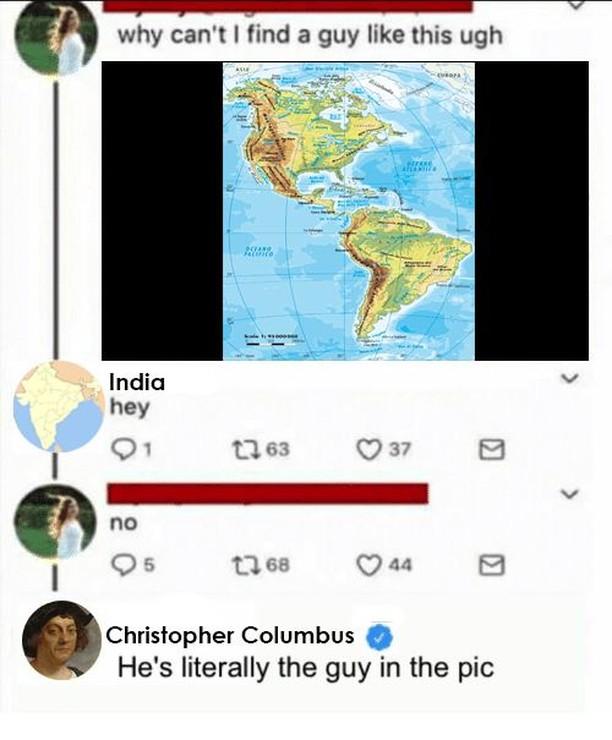
In 1892, President Benjamin Harrison issued a proclamation encouraging Americans to mark the 400th anniversary of Columbus’ voyage with patriotic festivities, writing, “On that day let the people, so far as possible, cease from toil and devote themselves to such exercises as may best express honor to the discoverer and their appreciation of the great achievements of the four completed centuries of American life.” Taking pride in Columbus’ birthplace and faith, Italian and Catholic communities in various parts of the country began organizing annual religious ceremonies and parades in his honor. The first Columbus Day celebration took place in 1792, when New York’s Columbian Order-better known as Tammany Hall-held an event to commemorate the historic landing’s 300th anniversary. As a result, Columbus and his contemporaries assumed that only the Atlantic lay between Europe and the riches of the East Indies. The explorer crossed the Atlantic several more times before his death in 1506.ĭid you know? Contrary to popular belief, most educated Europeans in Columbus' day understood that the world was round, but they did not yet know that the Pacific Ocean existed. In March 1493, Columbus returned to Spain in triumph, bearing gold, spices and “Indian” captives. There, he established Spain’s first colony in the Americas with 39 of his men.


Later that October, Columbus sighted Cuba and believed it was mainland China in December the expedition found Hispaniola, which he thought might be Japan.


 0 kommentar(er)
0 kommentar(er)
